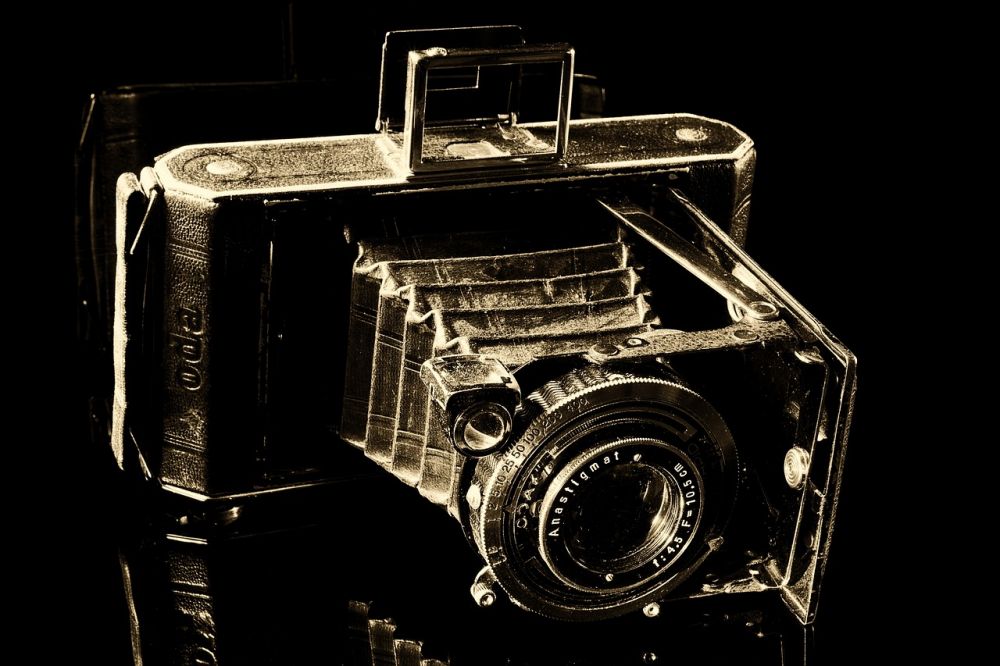Titanic: A Cinematic Masterpiece

Introduction
The 1997 film “Titanic” directed by James Cameron is an iconic masterpiece that has captivated audiences for years. It tells the tragic love story of Rose and Jack, set against the backdrop of the ill-fated RMS Titanic. This article delves into the details of the film, providing important information for individuals interested in this topic.
The Historical Background

The Titanic film is deeply rooted in historical events, drawing inspiration from the real-life sinking of the Titanic in 1912. The ship, deemed unsinkable, struck an iceberg and tragically sank on its maiden voyage, resulting in the loss of numerous lives. The movie accurately portrays the ship’s opulence, the stark class divisions among passengers, and the devastating consequences of the disaster.
Evolution of Titanic Films
Since the real-life tragedy, several films have been made about the Titanic, each offering a unique perspective on the historical event. However, it is the 1997 film that stands out from the rest, setting new standards in storytelling, visual effects, and cinematic brilliance.
– “A Night to Remember” (1958): This British production was one of the earliest attempts to bring the Titanic story to the silver screen. It focused on the factual depiction of events and paid homage to the heroics of the crew members. Despite its limited special effects, it garnered critical acclaim for its authenticity.
– “Titanic” (1997): James Cameron’s epic romance-drama took the world by storm, becoming the highest-grossing film of all time until “Avatar” surpassed it in 2010. The meticulously detailed set, stunning visual effects, and remarkable performances by Leonardo DiCaprio and Kate Winslet made it an instant classic. The film seamlessly weaves the historical events with a fictional love story, captivating audiences with its emotional depth and visually breathtaking scenes.
– “Titanic” (2012): This television miniseries produced by Julian Fellowes offers a fresh perspective on the Titanic story. It features a more ensemble cast and explores the lives of various passengers and crew members leading up to the disaster. While not as well-received as the 1997 film, it provides an interesting alternative narrative.
The Impact of “Titanic”
“Titanic” had a profound impact on the film industry, revolutionizing the way historical dramas are made. Its groundbreaking visual effects, attention to detail, and seamless combination of fact and fiction set a new standard for cinematic storytelling.
The film’s success led to an increased interest in the Titanic story, prompting documentaries, exhibitions, and even a Broadway musical. It also propelled the careers of its lead actors, catapulting Leonardo DiCaprio and Kate Winslet to superstardom.
In addition to its cultural impact, “Titanic” also received critical acclaim, winning 11 Academy Awards, including Best Picture and Best Director. Its timeless love story, beautiful score, and memorable dialogue have made it a beloved film for generations.
Conclusion
In conclusion, the Titanic film is a cinematic masterpiece that has left an indelible mark on the world of cinema. Its historical accuracy, captivating storytelling, and exceptional performances have solidified its status as a beloved classic. Whether you are a history enthusiast or a fan of romance, the Titanic film offers a mesmerizing experience that is sure to leave a lasting impression.





